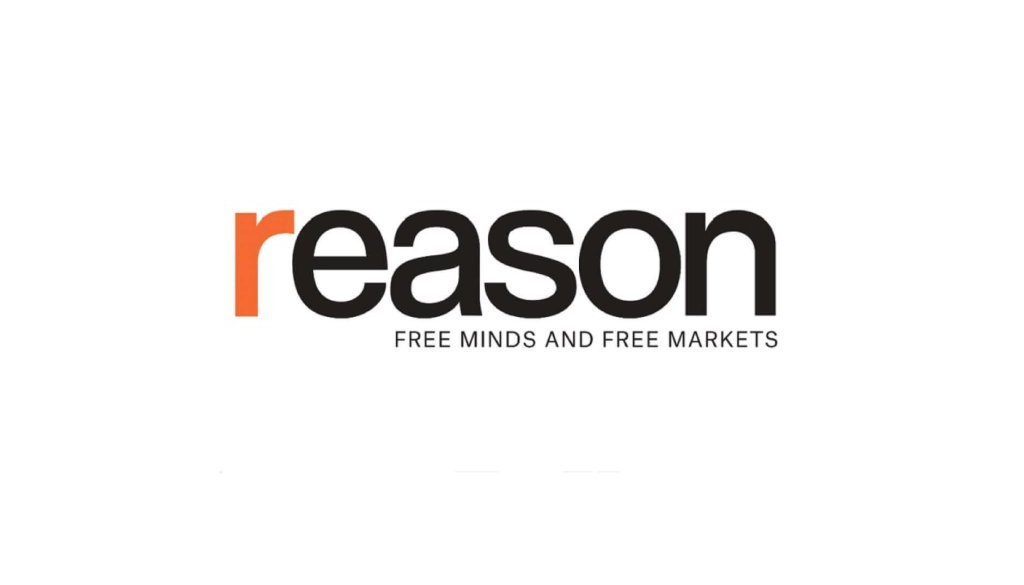Why I’m Not Deleting My 23andMe Genetic Data
Various corners of the media and internet are hyperventilating over the alleged genetic privacy implications of the imminent Chapter 11 bankruptcy of the direct-to-consumer genetic testing company 23andMe.
“Delete your DNA from 23andMe right now,” yelps a headline over at The Washington Post. Why? “Unless you take action, there is a risk your genetic information could end up in someone else’s hands—and used in ways you had never considered,” ominously warns Post journalist Geoffrey Fowler. NPR reports that Suzanne Bernstein, counsel at the nonprofit Electronic Privacy Information Center, advises that any concerned 23andMe customers should delete their data, request that their saliva sample be destroyed, and revoke any permissions they may have given to use their genetic information for research. “This is just the first example of a company like this with tremendous amounts of sensitive data being bought or sold,” she added. California Attorney General Rob Bonta urgently issued a consumer alert reminding “Californians of their right to direct the deletion of their genetic data under the Genetic Information Privacy Act (GIPA) and California Consumer Privacy Act (CCPA).”
Calm down people. Genetic data are not especially toxic or extraordinarily dangerous. Nor are the privacy implications all that dire, especially compared to other widely available and easily deployed surveillance tools. It is true that your genome is a permanent and immutable marker of your personal identity, but so too are your fingerprints and your face. The FBI’s Next Generation Identification system contains the fingerprints of more than 186 million criminal, civil, and military individuals. (As a twenty-something, I worked briefly as a federal bureaucrat so my fingerprints are definitely in the system.) While fingerprints have to be collected onsite and compared using offsite databases, facial recognition cameras with real-time database matching can become ubiquitous, able to track you nearly everywhere you go in public. Your face may be your passport but it’s also your snitch.
Another often-expressed concern is that your genetic data could be used to identify relatives who have committed crimes. Police are now regularly using forensic genetic genealogy to identify suspects. They compare a DNA sample from a crime scene with commercial DNA databases, searching for genetic similarities among customers who may be relatives. Genealogists then identify likely suspects by cross-referencing the genetic data with traditional genealogical sources, such as census records, birth and death certificates, and so forth. It is worth noting that 23andMe requires a warrant to release customer data to the police, unlike some other direct-to-consumer genetic testing companies. In addition, the FBI’s National DNA Index contains over 18,135,382 offender profiles, 5,774,055 arrestee profiles, and 1,391,726 forensic profiles as of January 2025.
Data deletion alarmists point out that 23andMe suffered a data breach in 2023 in which the records of nearly 7 million of its customers were stolen by a hacker. Sounds bad, but do you know who else suffered recent data breaches? Hospital and medical records companies: some 2.7 million patient records held by ESO Solutions; 9 million held by medical transcription firm Perry Johnson & Associates; 8.5 million at Welltok; and 11 million at HCA Healthcare. All of these were just in 2023. Overall, healthcare breaches exposed 385 million patient records between 2010 to 2022.
Hackers typically demand a ransom to unencrypt pilfered files, but also often engage in double extortion by also threa
Article from Reason.com

The Reason Magazine website is a go-to destination for libertarians seeking cogent analysis, investigative reporting, and thought-provoking commentary. Championing the principles of individual freedom, limited government, and free markets, the site offers a diverse range of articles, videos, and podcasts that challenge conventional wisdom and advocate for libertarian solutions. Whether you’re interested in politics, culture, or technology, Reason provides a unique lens that prioritizes liberty and rational discourse. It’s an essential resource for those who value critical thinking and nuanced debate in the pursuit of a freer society.




